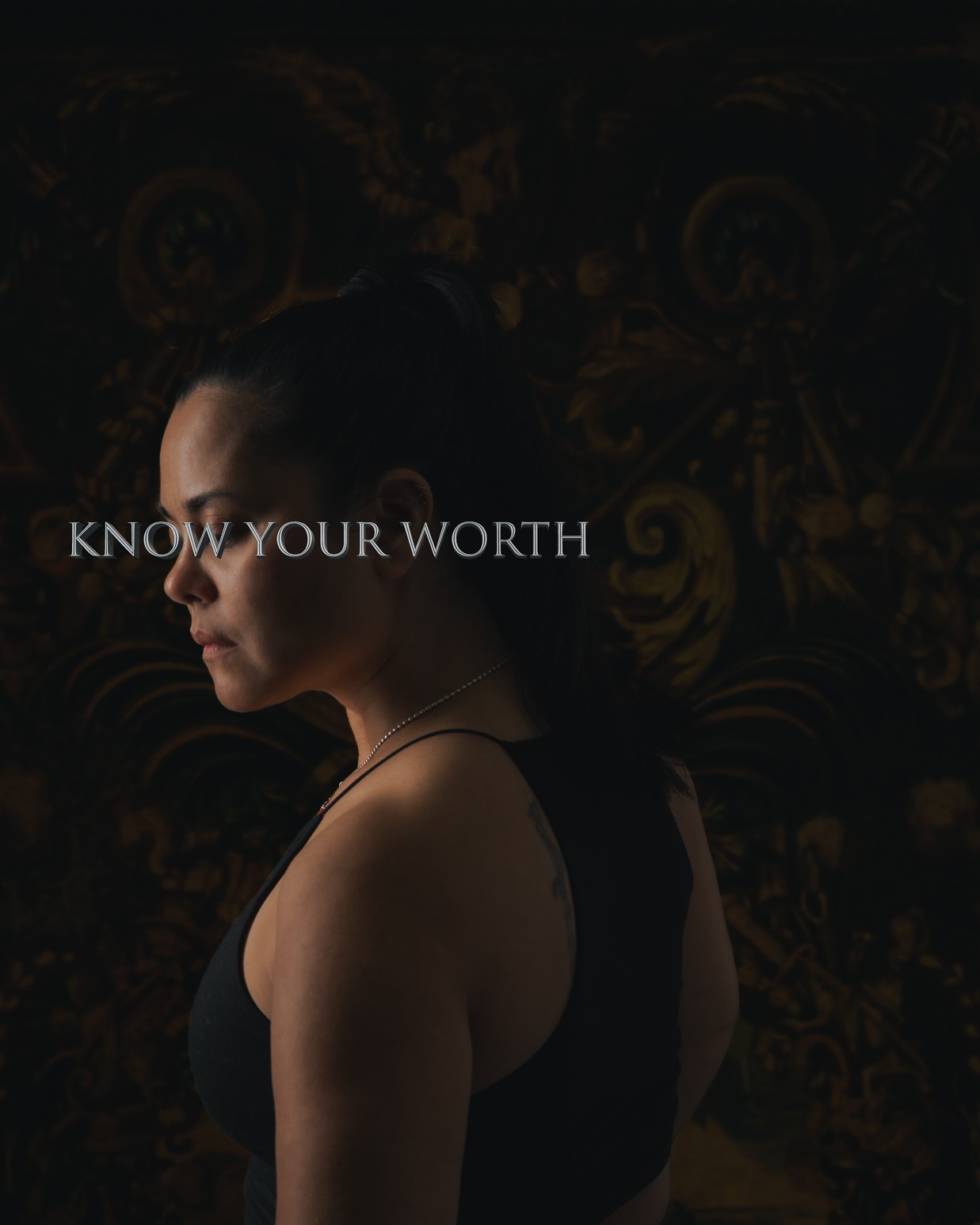 Today we’d like to introduce you to Amy Gerhardt.
Today we’d like to introduce you to Amy Gerhardt.
Amy, we appreciate you taking the time to share your story with us today. Where does your story begin?
I have always been interested in making pictures. Over the years I was normally the one that took family photos. When I joined the United States Navy, photos became so much more important to me. Military families move so frequently that a camera really ought to be issued by the government. Sometimes the only thing you have left of a place are the pictures you took when you were there. When I became a mom, naturally my children became easy and accessible subjects, but it wasn’t until I got a tripod and a Nikon kit that I really discovered that I could make artistic images. It was a D3000 and an 18-55mm lens. Every north-facing window became a light source. I went as far as I could with the timer and myself and realized that I was going to need someone to sit for me. I mean, it’s not impossible, but if you want to be really creative, you have to have a subject, even if it’s a vase of flowers. I started with sensual imagery and boudoir. Most people begin from a more conservative point, but I’ve never been one for convention. Over time I had the confidence to begin shooting for compensation. I found mentors in my local professional community. I invested in workshops. I joined photography associations such as the Professional Photographers of America and I entered print competitions. The only thing I haven’t done is teach. I’m not sure I’ll ever have the confidence to be a teacher but I’ve always been a helper. People need helpers when they’re starting out. They need a friend in the game. I don’t mind helping people who are serious and value the craft.
Can you talk to us a bit about the challenges and lessons you’ve learned along the way? Looking back would you say it’s been easy or smooth in retrospect?
I began my journey later in my life. I’m 47 and I’ve only been a licensed professional photographer for the last 4 years. I think that my personal journey might be easier than someone younger because I’m at the age where you’re generally more stable financially and personally. Despite that stability, photography can be an expensive endeavor. So, I believe the struggle is there for everyone financially. Workshops are expensive, gear is expensive, licenses and insurance, etc. Everything’s got a price tag. I recall reaching a point in the early days where I had to sit down and decide if I was going to continue seriously or just remain a hobbyist. The other struggle is getting information from professionals who have gone before you. In Charleston, the industry is very saturated. There are “photographers” every 2 ft. When I first started asking questions, I did encounter a cold shoulder or two. The reasons for that are pretty clear to me now and I understand. I get why people were reluctant to invest their time in me when they weren’t sure if I would respect the industry. All in all, I would say that I have been very lucky to have the support of my family especially my mother and my husband, and of my friends. You’re not going to get far unless you have a team of cheerleaders. I’ve been lucky to have that.
Can you tell our readers more about what you do and what you think sets you apart from others?
I have to start by saying that I am not one of those degree-holding photographers who went to school and was trained by professors to do what it is I do. I didn’t even know what my niche was until someone smarter than me looked at my work and told me. Apparently, I’m in the classical portrait artist section. I really enjoy single subject fine art portraiture. I like people to look at my work and think it should be hanging in a museum. I feel like the oddball in the Charleston photography industry. I don’t do beach photography or cake smashes or weddings. I’m not particularly adept at capturing relationships but I can make you look like Marie Antoinette and I can drop you into an old master painting. I love composite work and I love fine art. Anything else I do is just to pay the accountant.
What sort of changes are you expecting over the next 5-10 years?
My industry changes constantly with technology. Especially with technology being available to everyone. Because of that, everyone is a photographer. At least that’s what people think. Get a fancy camera, voila, you’re a photographer. Right? I believe that people are going to have to really bring their post-processing A- game and develop amazing in-camera composition skills because it’s not enough to have the gear. Anybody can get gear. I can take a raw photo on my cell phone. You have to have the eye. Not only that -you really have to be a marketing genius these days. If somebody ask me what they should go to school for, if they wanted to be a photographer, I would not say photography. I would say marketing. People are crazy creative these days and their attention span can be very short if your content is dry or repetitive. I really believe there’s going to be a major focus on marketing in the photography industry more so than in the past just because of the things that have developed as recently as when the pandemic started.
Contact Info:
- Email: aegphotoz@gmail.com
- Website: www.pinkchairphotography.com
- Instagram: @pinkchair_photography
- Facebook: Www.Facebook.com/pinkchairphotoz

















